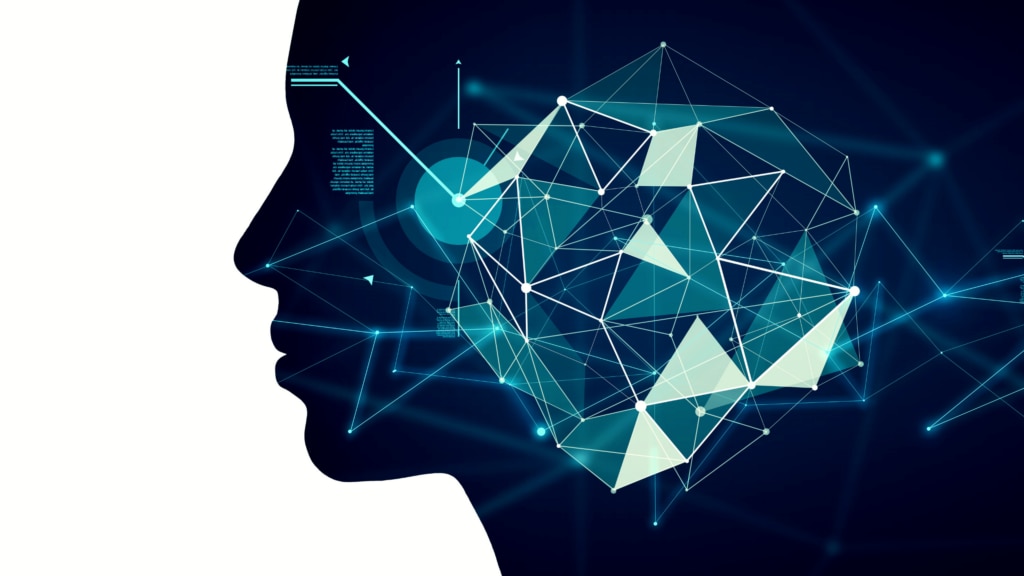Fazal Masood Malik and Farhan Khokhar, Canada

For centuries, humanity’s attempts to preserve the dead were straightforward affairs. When Isaac Newton died in 1727, craftsmen rushed to create his death mask – a plaster memorial that would capture his likeness for posterity. Nearly a century later, when Napoleon’s features began fading in death, his doctors scrambled to do the same. (“The lost art of the death mask”, bbc.com, 11 February 2024)
With the invention of the camera, the Victorians took it a step further, arranging post-mortem family portraits that modern sensibilities might find macabre. (ibid.)
Today’s technologies offer a more ambitious proposition, not just preserving the dead’s image, but simulating their presence. (“This creepy AI will talk to loved ones when you die and preserve your digital footprint”, wired.com, 5 February 2014)
Chatbots trained on social media posts and emails promise digital resurrection. In Japan, Professor Hiroshi Ishiguro has created a robotic doppelganger of himself, Geminoid HI-1, designed to evolve alongside its creator. (“Hiroshi Ishiguro: The Man Who Made a Copy of Himself”, spectrum.ieee.org, 22 April 2010)
These developments mark a profound shift from preservation to simulation – from static memorials to interactive digital avatars that purport to learn and respond as the deceased once did. (“An eerie ‘digital afterlife’ is no longer science fiction. So how do we navigate the risks?”, theconversation.com, 23 June 2024)
This technological leap from death mask to digital ghost raises troubling questions. Traditional frameworks for processing loss emphasise death’s finality. Islamic theology, for instance, teaches that “every soul shall taste death” (Surah Aal-e-Imran, Ch.3: V.186), viewing earthly existence as merely “a pastime and a sport” compared to the hereafter (Surah al-Ankabut, Ch.29: V.65). When technology begins to blur these lines, it risks disrupting natural grieving processes. (“Resurrecting loved ones as AI ‘ghosts’ could harm your mental health”, newscientist.com, 26 February 2024)

The psychological implications are complex and largely unexplored. While a chatbot might offer immediate comfort to the bereaved, it could also prolong grief or prevent acceptance. In a secular society increasingly sceptical of an afterlife, the temptation to cling to digital replicas may prove overwhelming. The Mexican tradition of Día de los Muertos suggests people die twice. First when they stop breathing, and again when their name is spoken for the last time (“Day of the Dead, britannica.com).
Digital technology promises to postpone that second death indefinitely – but at what cost?
As artificial intelligence advances, these questions will only become more pressing. Today’s crude chatbots will evolve into increasingly convincing facsimiles. When grieving individuals can order humanoid robots embedded with digital copies of their loved ones’ personalities, society will face unprecedented ethical and legal challenges. Who owns a digital ghost? Should the dead have a say in their algorithmic afterlife? Should there be limits on how realistically AI can simulate the deceased?
The human impulse to preserve connections with the dead is neither new nor wrong. Digital tools can indeed preserve legacies and memories in valuable ways. However, they should complement, not replace, traditional grieving processes. As society navigates this technological frontier, it would do well to proceed with much caution. The digital age promises a kind of immortality through algorithms, yet there may be wisdom in accepting death’s finality. Some forms of forgetting, however painful, serve a purpose – helping the living move forward while honouring the dead by letting them truly rest.
The challenge ahead lies not in perfecting the digital resurrection technology, but in developing frameworks to govern its use. These must balance innovation with respect for mortality’s mystery. As the Quran reminds believers, “Surely, to Allah we belong and to Him shall we return” (Surah al-Baqarah, Ch.2: V.157). Even in an age of artificial intelligence, there may be merit in approaching death with humility rather than trying to hack it.

